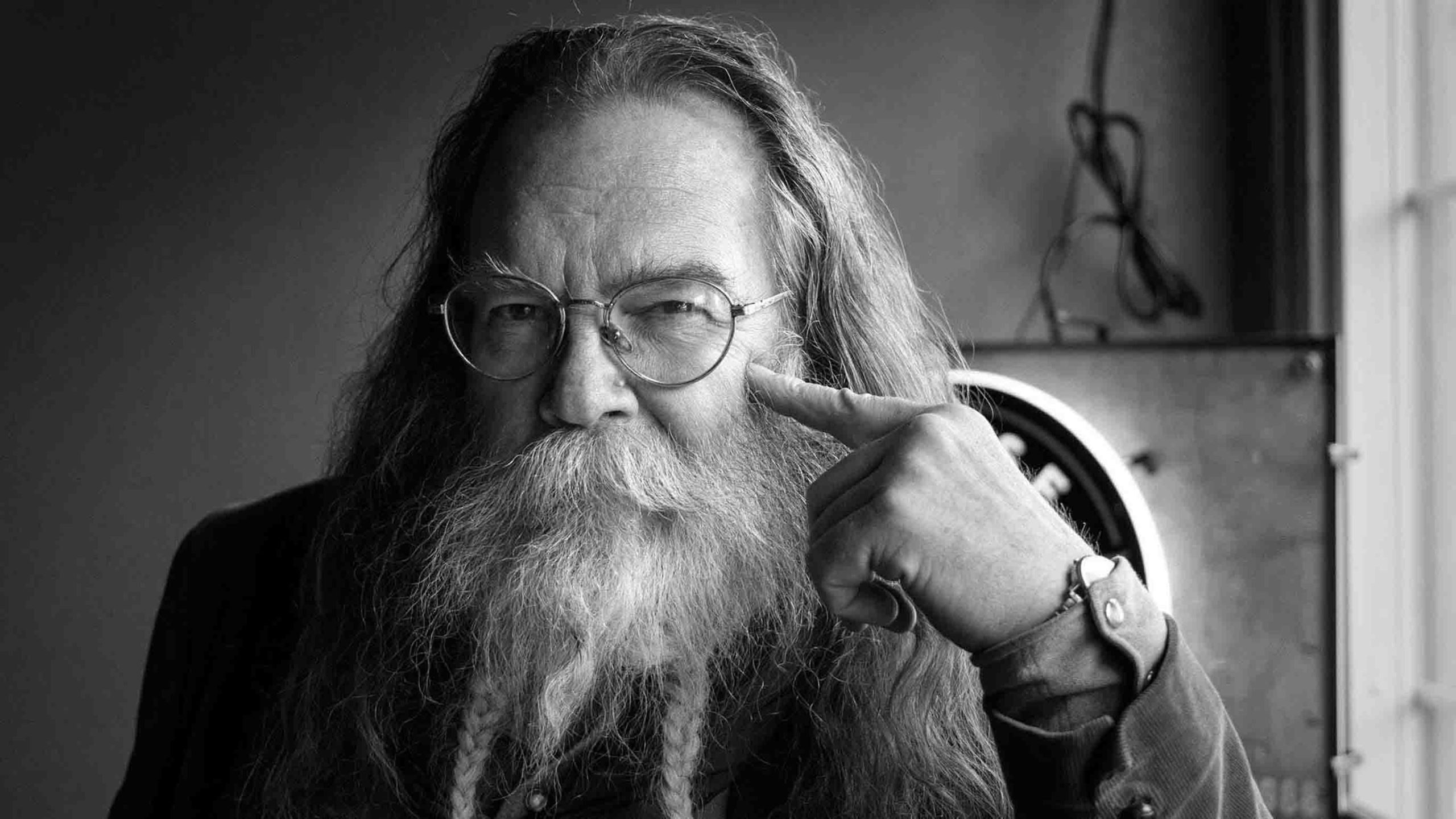First, a note about the author. Sam Western serves our Wyoming tribe like a medicine man, trickster or Contrary Warrior. He is our resident myth-buster, pissing in the ceremonial campfire to show us visions in the steam. Sam not only tips over sacred cows, he butchers them for food.
His “Pushed Off the Mountain, Sold Down the River” raised hackles on folks who unflinchingly believe in our legends, but it made them think. ‘The Spirit of 1889”, a tad less intellectually confrontational, should also make us put on our Thinkin’ Stetsons.
The book (well-researched and annotated, as we’ve come to expect of Western) traces the paths taken by the five Great Plains and Northern Rockies states that were hatched from the Dakota Territory. All of them – Wyoming, Montana, Idaho and North and South Dakota – held their constitutional conventions in 1889.
These statehood conventions occurred during a time of American history when the economic excesses of the Gilded Age bumped up against the more humanistic Progressive Age.
America was changing from the Atlantic to the Pacific. Manifest Destiny and the frontier were coming to a close and the West was being populated by non-natives.
Embryonic states had two choices ahead of them. They could write constitutions that perpetuated the “commodity republics” of eastern Gilded Age states, wherein states were huge sovereign Wal-Marts, with everything privatized and for sale at a price. This, in essence, was the Hamiltonian model of America.
Or, they could choose the Jeffersonian vision of a “commonwealth” which emphasized well-educated individual yeomen on the land, and a Progressive system that encouraged community and egalitarianism.
We Wyomingites need to tip our Thinkin’ Stetsons to our founders for choosing the latter.
Our Constitution is so progressive that it collectivized resources like water and wildlife, and preserved them in public hands. Today’s Republicans would hoot and holler at 1889’s GOP, who controlled the constitutional convention, and call them socialist at best and Chinese Communists at worst.
Wyoming’s Constitution also enfranchised women, mandated public education, established our land grant university and codified the precept that “all members of the human race are equal.” Any of those notions will start a political argument today.
I relish the irony in Wyoming’s history!
Western explains how the inefficiency, graft and corruption of the territorial system, with governments imposed from D.C., prompted the five new states (the 89ers) to form governments that emphasized local control. And the more local, the better.
State power is better than federal power, and local power is better than state power. It is an axiom in all five of the 89er constitutions.
That’s in the first part of “The Spirit of 89”. In the rest of the book, Western pisses in the ceremonial campfire to show us how far we have strayed from the path the Founders’ blazed, and what we can do to get back to our constitutional ideals.
89er states have wandered so far from their constitutional underpinnings that Derek Skees, a Montana legislator, said that the state’s constitution was a “socialist rag” and should be scrapped because it wouldn’t wouldn’t allow him to pass an unconstitutional bill.
Here’s a for instance. The ideal of the yeoman husbandman in Wyoming died on the vine. A couple of years after statehood, large cattle operations, supported by the federal and state governments and funded by offshore capital, strove to drive homesteaders and small-scale stockmen off the Wyoming range.
The Johnson County War gave lie to local control and small operators sustaining the state. And it trashed the political fortunes of the Republican Party for years after.
Wyoming eschewed the commonwealth philosophy for the corporate commodity republic model, and we’re suffering the consequences.
As agriculture was horizontally integrated in Wyoming, with fewer owners demanding greater return on investment, “yield per acre” became the driving imperative. Western provides statistics showing that, when yields went up, urban centers became larger and smaller towns and communities withered.
Young folks fled rural communities for the city and more opportunities, and small communities, the darlings of our Constitution, died. The original economic model was turned on its head.
Taking agriculture as an example, Western explains that perhaps its high time to re-think our economic paradigm. He proposes “stewardship agriculture”, an ethos that puts as much emphasis on growing cohesive communities as it does on growing crops or cattle.
That vision in the campfire steam is worth regarding.
Call it hippie, tree-huggin’ horseshit if you want, but you should be prepared with a better model unless you want Wyoming’s small towns to be mere wards of “the state” or ghost towns.
If Sam Western’s “The Spirit of 89” ruffles some feathers, good. If it makes some see the state we all love from a different angle, and think about how we can make it look like our Founders envisioned….that’s even better.
Sam says that the book can be ordered from the publisher here or from your local bookstore if you have a good one. You can also get it from Amazon, but Sam Western isn’t a fan of huge, monopolistic corporate entities.
Selah
Rod Miller can be reached at: RodsMillerWyo@yahoo.com





